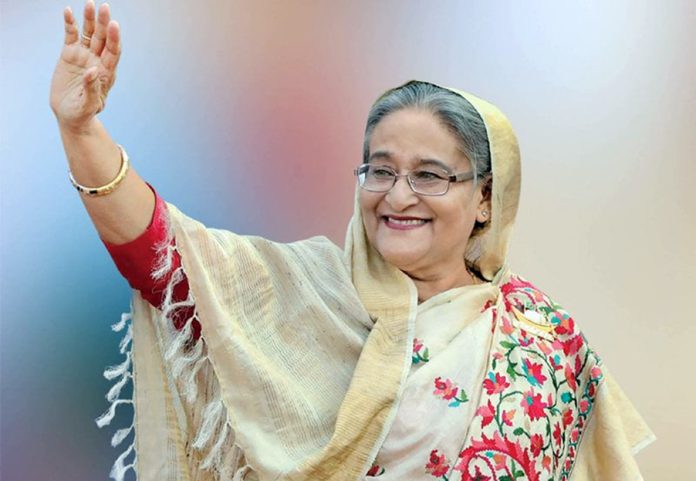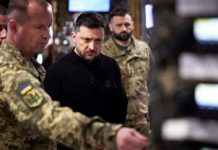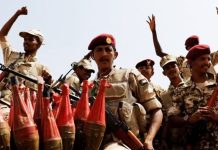Schools and universities across Bangladesh have been shut until further notice after six people were killed in protests over quotas in government jobs.
University students have been holding rallies for days against the system of reserving some public sector jobs for the relatives of war heroes, who fought for the country’s independence from Pakistan in 1971.
Some jobs are also reserved for women, ethnic minorities and the disabled.
A third of posts are kept for the family members of those categorised as war heroes. The students argue that the system is discriminatory, and they want recruitment based on merit.
Several cities, including the capital Dhaka, this week witnessed clashes between supporters of the anti-quota movement and their opponents, particularly the student wing of the governing Awami League known as the Bangladesh Chhatra League (BCL).
Student groups attacked each other with bricks and sticks. Police fired tear gas and used rubber bullets to disperse the clashing groups. Student activists said hundreds of people had been injured in the attacks.
“We blame the BCL members for the violence. They killed the protesters. Police didn’t intervene to save the ordinary students,” Abdullah Shaleheen Oyon, one of the co-ordinators of the anti-quota movement, told the BBC.
Government jobs are highly coveted in Bangladesh because they pay well. In total, more than half of the positions – amounting to hundreds of thousands of jobs – are reserved for certain groups.
Critics say the system unfairly benefits the families of pro-government groups who support Prime Minister Sheikh Hasina, who won her fourth straight election in January.
Ms Hasina’s government abolished the reservation in 2018, following protests. But a court ordered the authorities to reinstate the quotas in early June, triggering the latest round of protests.
Credit: bbc.com









